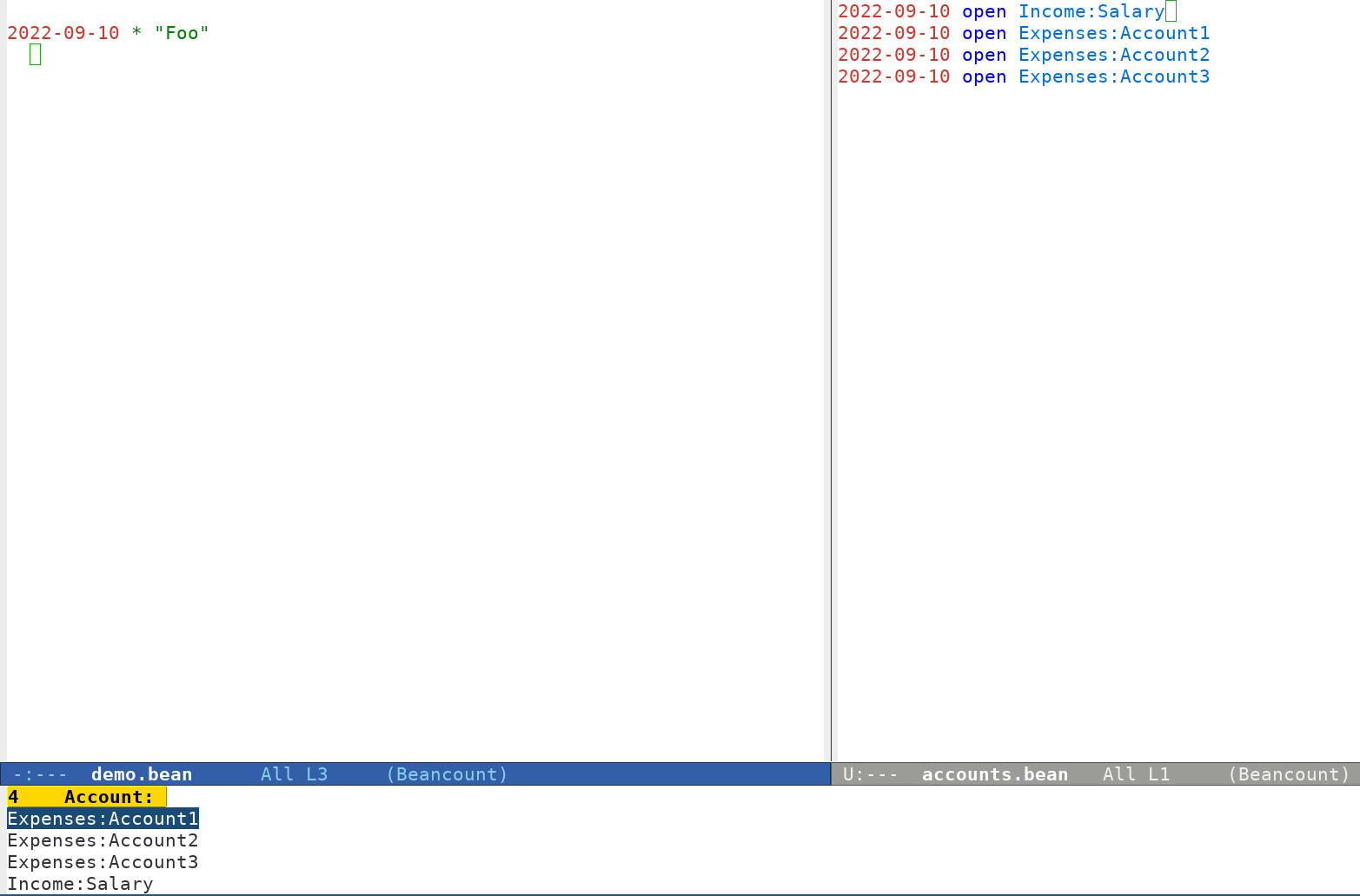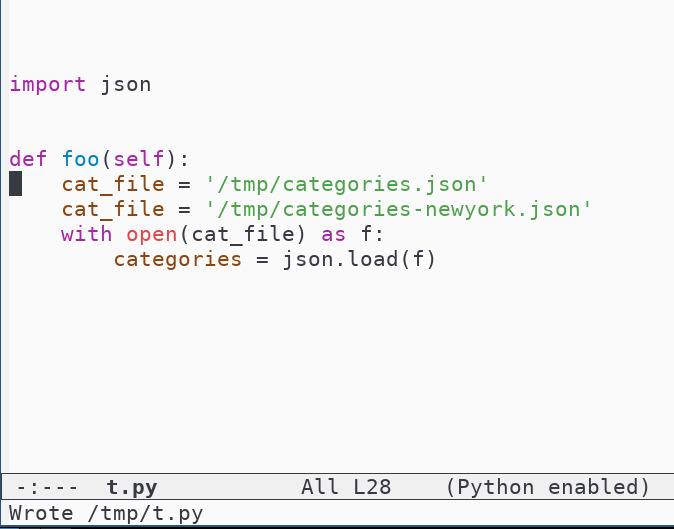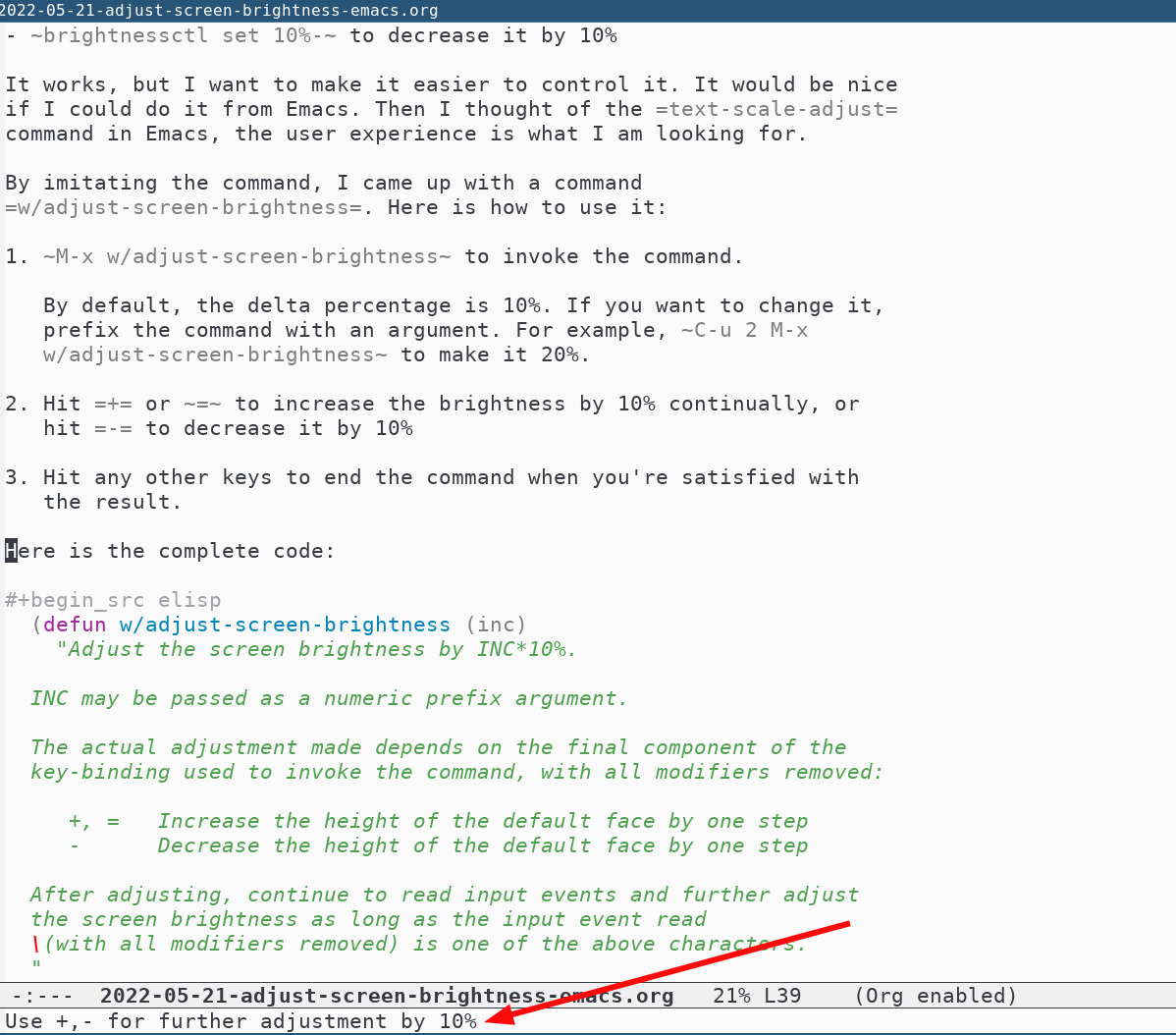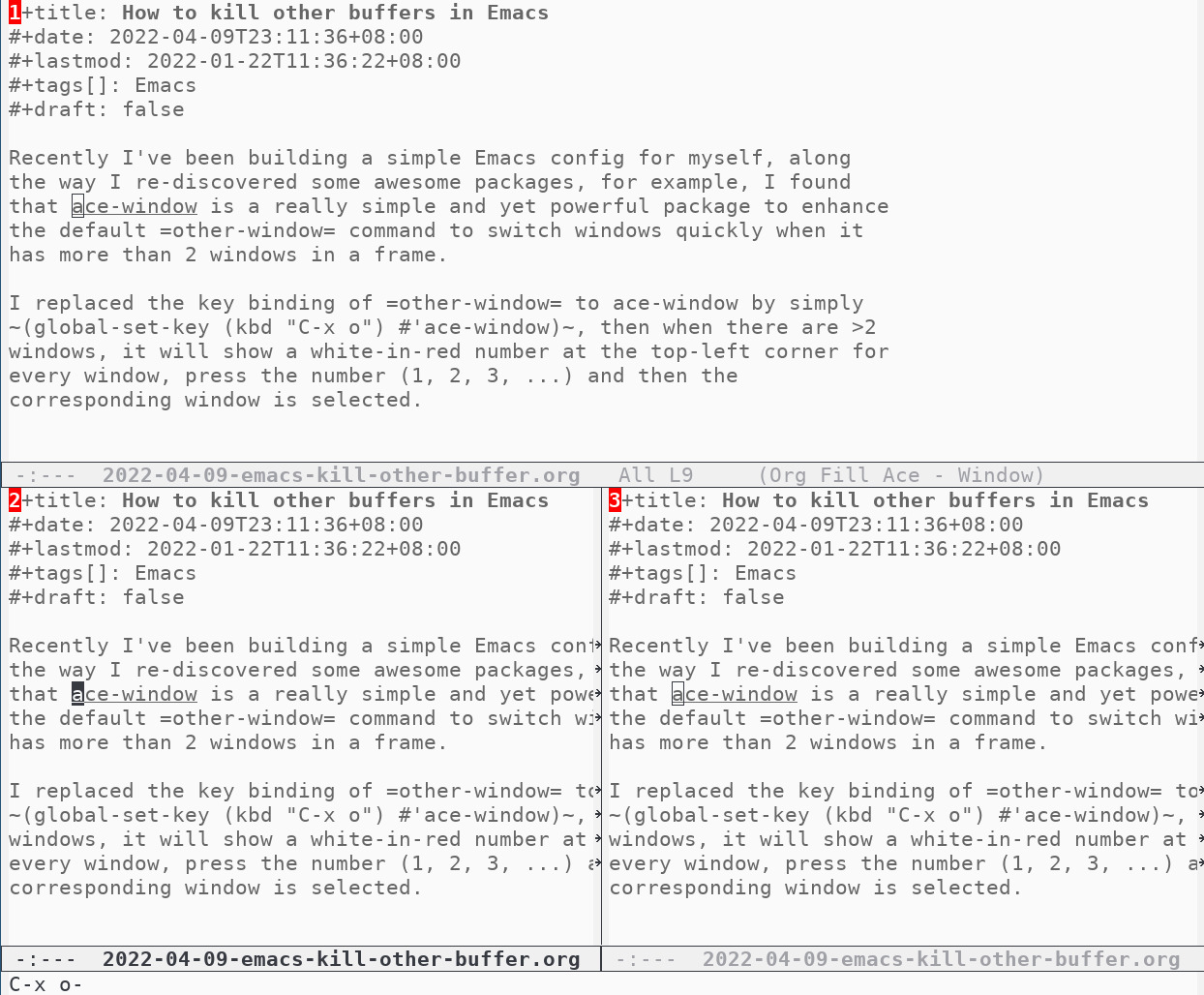So sometimes I need to join a few lines by a separator while I'm coding, for example, turn the below lines,
foo
bar
baz
into foo + bar + baz. (This is a silly example, I will update if I come up with a better one :-P )
When I was in a rush in the past, I usually baked a keyboard macro temporarily and then applied it to achieve this goal, thought reliable, it's a little bit cumbersome to record it. So I wonder maybe it would be a good idea to have a command for it.
[Read More]



